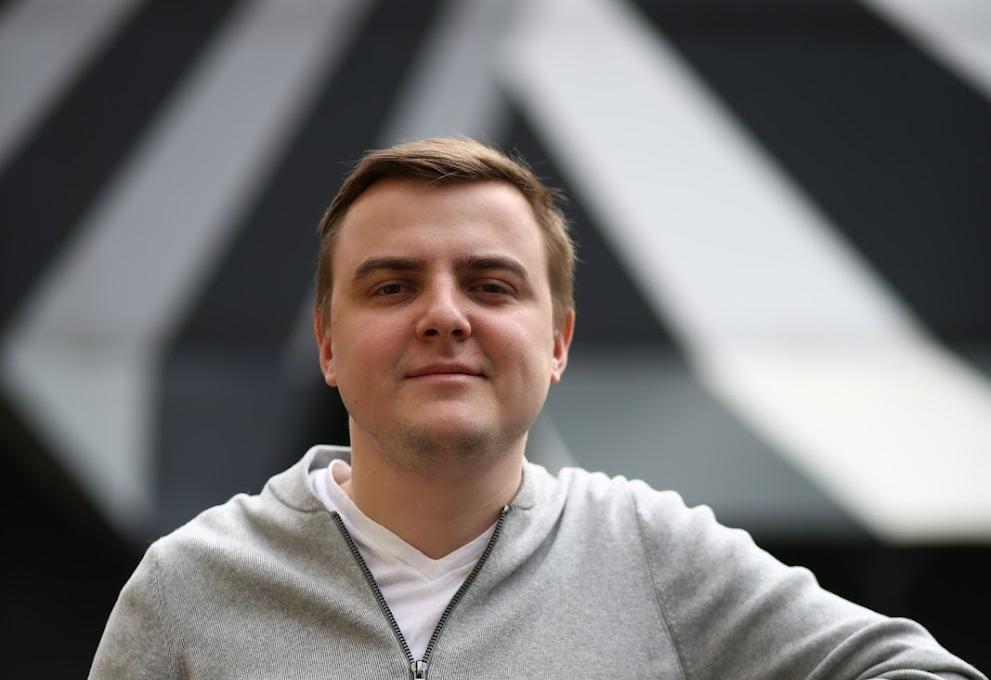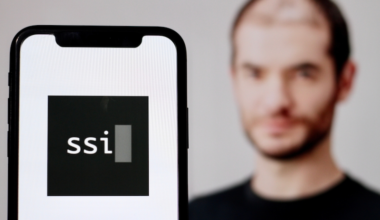Toly Sherbakov is working with more than 25 U.S. educators to develop content for his app, Magic Kids. One day, he believes, children will create a better world. But his native Russia, living under an authoritarian regime, is moving backwards — as men of Sherbakov’s age flee the Kremlin’s mobilization for the war in Ukraine.
According to the research, in the U.S., even toddlers are now exceeding their recommended daily screen time. Sadly, as test results might show, children learn little from their phones and tablets. Most education apps, designed like textbooks or flashcards, don’t hold their interest. Toly Sherbakov, an aspiring tech entrepreneur and a recent transplant to the U.S., decided gamification could be a “game changer.”
He collaborated with preschool and elementary school teachers as well as neuropsychologists to create content for a new app, Magic Kids. This game-based learning platform for children aged 4-8 aims to merge virtual experiences with the real world.
The app combines augmented reality (AR), object detection, and voice recognition for kids, parents, and educators to build customized learning experiences. For example, young users can learn letters and spelling by hovering over items in their home.
With Magic Kids, children can study science, math, language, arts, and other core subjects. The app’s game designers create stories and gamified lesson plans with input from teachers, while neuropsychologists adapt the materials in a way that helps kids focus.
Addicted to screens
According to The American Academy of Child and Adolescent Psychiatry, American children ages 8-12 spend 4-6 hours per day using smartphones, gaming consoles, and other screens. Some studies even indicate that these estimates do not account for time spent on the computer for school.
As children age, their average screentime increases. Sherbakov decided that if this trend was here to stay, he would use it to help kids learn and grow, in ways engaging to them.
He started out by creating focus groups, which included parents and teachers, to help him figure out what would work best for the children. In 2020, after a year of research, he was ready to launch the app.
“Children spend a lot of time on their screens,” said Sherbakov. “Their attention spans are short, maxing out around twelve minutes or so. We want kids to learn in a familiar environment, one they enjoy. Magic Kids keeps them engaged because it looks like a video game.”
Big dreams without big money
Sherbakov hopes the app will let children of any background interact and learn from the world around them. “Our belief is that every child everywhere deserves access to high-quality education. It’s not a privilege, it’s a right.”
He is now in the process of raising funds for his venture. The startup received a $20,000 grant from Starta, an NYC-based acceleration program, and around $120,000 from angel investors. But raising a $1 million seed round turned out to be more difficult.
Sherbakov’s team includes developers from Russia, Ukraine, and Belarus. His employees have now relocated to the neighboring republics of Central Asia because of war and authoritarian regimes in their native countries.
“Some investors said it would be problematic for us to raise money, because I am from Russia” he said. “That’s a red flag: the country is under sanctions because of the war in Ukraine.”
Still, his dream keeps him going. “I believe children will create a better world in the future, and Magic Kids can be a part of their education,” Sherbakov said. “That’s our mission.








